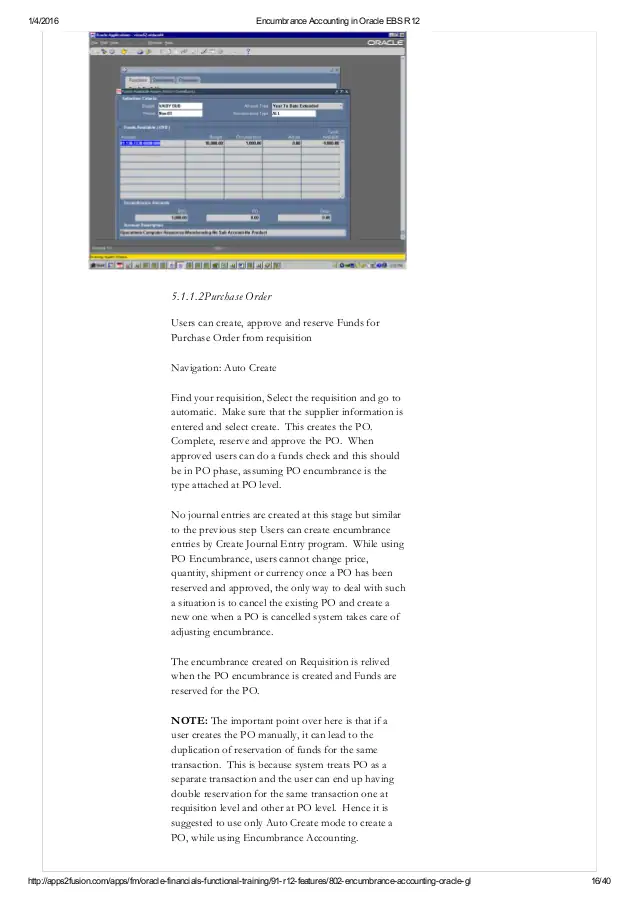
Generally speaking, you don’t need to be great at math to make and follow a budget. First of all, understanding general concepts relating to your income, spending, debt, saving, and allocating your funds are important. Then, the basic ability to add and subtract is most of what’s called for. That’s especially true if you’re budgeting manually, with pencil and paper. Once you’re able to compare those two figures, you can start to sort through what needs to be done to bring them into the alignment you want. To make the budget do what you want it do for your finances, it’s important to identify the areas in the expenses column where you can cut spending.
Budgeting allows you to rethink your spending habits and refocus your financial goals. But that credit card still calls your name, your clothes budget seems awfully small, and you feel deprived. At such moments, it helps to revisit the whole reason for a budget—to help you manage your finances, achieve financial goals, and lead a life free from fear of financial pitfalls.
- I’m going to take a leap of faith here and guess that you don’t enjoy financial stress.
- In other words, from controlling your spending to consistently saving and investing a portion of your income, a budget helps you stay on course in pursuit of your long-term financial goals.
- Disorganization is another one of those words that doesn’t mix well with personal finance.
- Tracking your expenses does not change the amount of money you have available to spend every month.
- Plus, one of the staples of good budgeting, is planning out your savings and paying yourself first.
What is an emergency fund?

It’s easier to accumulate this financial cushion if you know the amount you’re bringing in and spending each month, which can be monitored with a budget. To manage your monthly expenses, prepare for life’s unpredictable events, and afford big-ticket items without going into debt, budgeting is essential. Keeping track of how much you account types earn doesn’t require you to be a math whiz and doesn’t mean you can’t buy the things you want. The second benefit of a budget to the well-being of a family is that it can help everyone understand the do’s and don’ts of dealing with money. If your organization is in financial distress, the zero-based method may be the best fit, as it starts from scratch each period.
This way, you’ll be gross pay vs net pay less likely to dip into your savings each month. As you do those things, you can begin to build wealth and give yourself true financial freedom. There are many ways to budget, and one method may work better for one person, while another works best for someone else. The Consumer Financial Protection Bureau (CFPB) also offers a tool to see where your money is going each month. Those ultra-high interest rates on your credit cards aren’t fixed in stone.
However, changes in tax deductions, IRS regulations, or other life events can mean a nasty surprise when you prepare your tax return. It’s never a good idea to count on unpredictable sources of income. This may be the year that your company is unable to give you a raise (or as much of a raise as you hope for).
Key Terms
Making decisions at the beginning of the month makes it easier to manage your money. By categorizing your budget, you will be able to see where everything is going and have less reason to be anxious about paying for future expenses. This can be a process of substitution as much as elimination. For example, cancel any recurring subscriptions that you don’t regularly use or need. Use half of the money you save to invest for a goal or to pay off outstanding debts. This emergency fund acts as a buffer as the rest of the budget is put in place and should replace the use of credit cards for emergency situations.
Schedule a Periodic Budget Evaluation
The more space you can create between your expenses and your income, the more income you will have to pay down debt and invest. You should only use your emergency fund for true emergencies. For instance, if you lose your job and need to pay for expenses, you could tap into your rainy commercial credit definition day fund until you join the workforce again.
Future Planning
It maps out the necessary funds over an extended period and provides a blueprint for performing strategic actions. Long-term financial planning, often synonymous with strategic planning, is aimed at three to five years or longer. In this sphere, budgeting is used as a tool to shape the steps towards achieving strategic objectives, which may include expansion plans, capital investments, or debt reduction. In the realm of finance, effective budgeting acts as a critical tool for forecasting and financial planning. The budget is not only crucial for predicting income and expenditure, but it also serves an essential basis for financial planning. On the other hand, I now know what it’s like to escape the paycheck-to-paycheck lifestyle, live debt-free, and have plenty of financial cushion.

